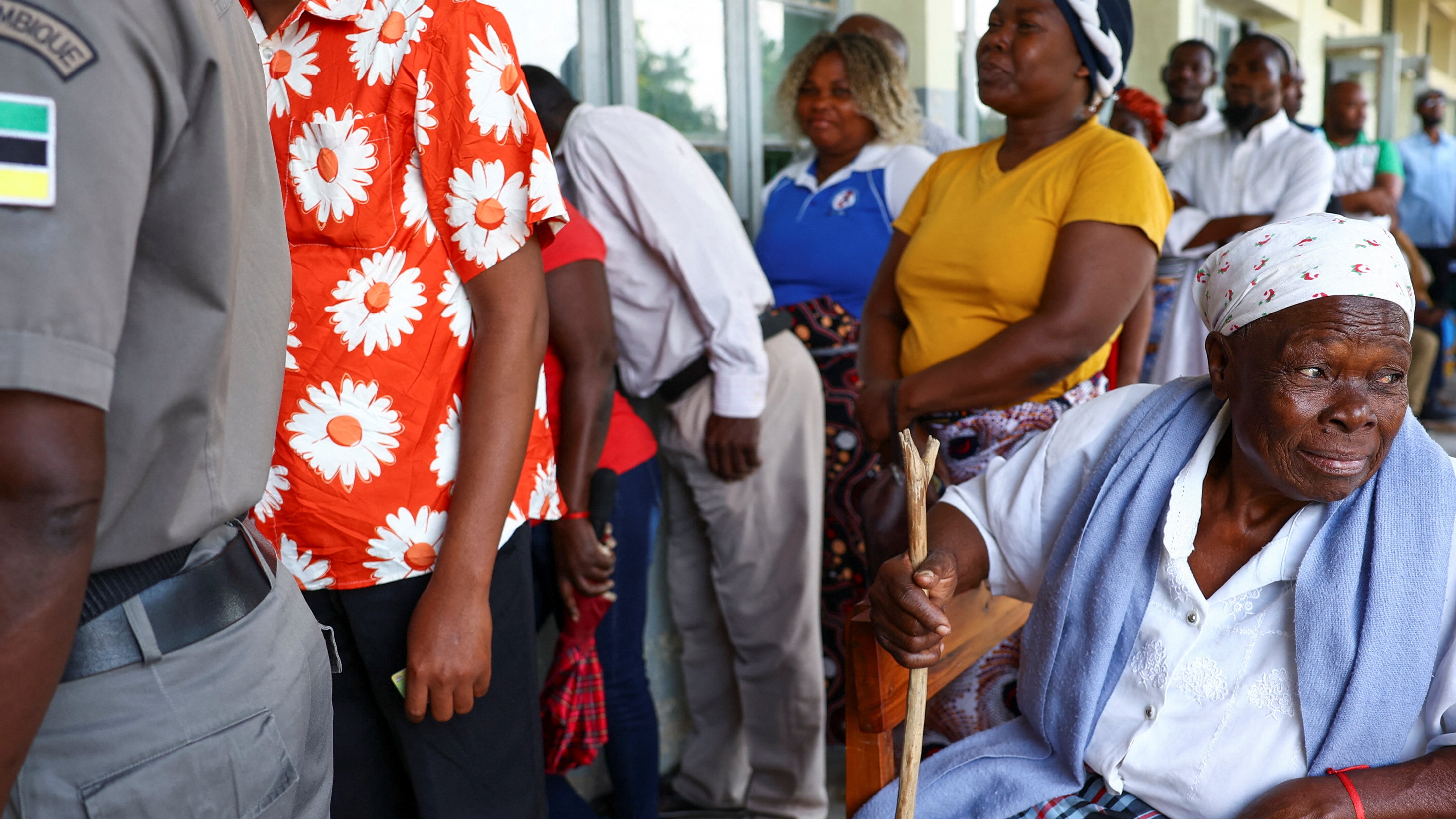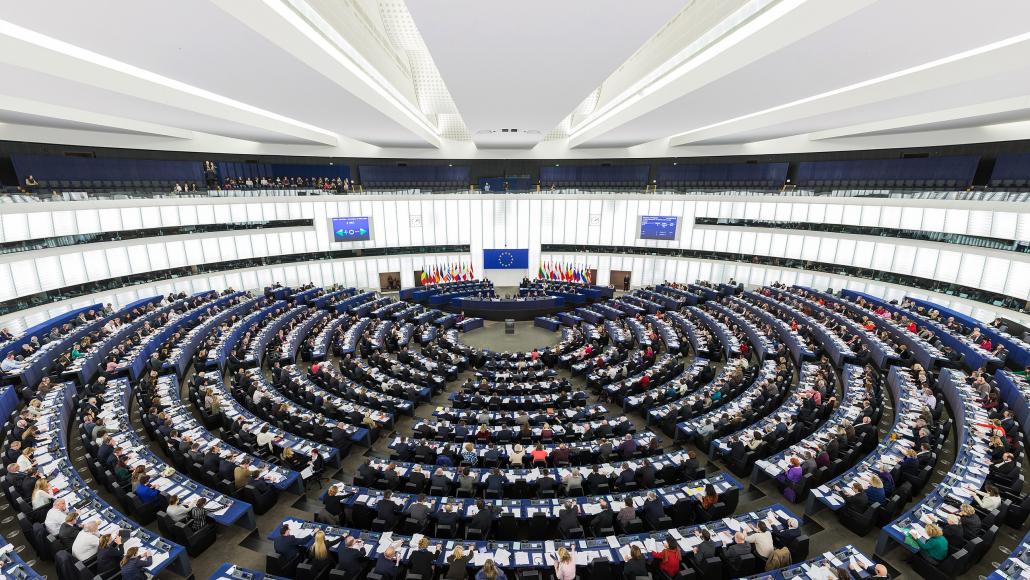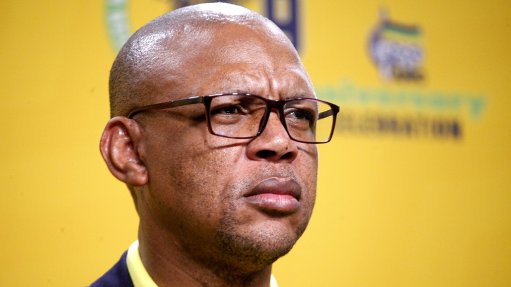
Mozambique: Ruling party leads in all provinces according to provisional results
Mozambique’s recent presidential elections have given a clear advantage to Frelimo (Mozambique Liberation Front), the ruling party since independence. Provisional results show that Frelimo leads in all provinces of the country, reinforcing the party’s historic hold on Mozambican politics. However, this apparent electoral success raises questions about the transparency and fairness of the process, as well as the political implications for Mozambique.
Frelimo: Unwavering Domination?
Under the leadership of outgoing President Filipe Nyusi, Frelimo has managed to maintain its political hegemony in all regions of Mozambique, from the most urbanized provinces to rural areas. The party, which has ruled Mozambique since the end of Portuguese colonial rule in 1975, benefits from a well-established network in the country's institutions, which gives it a considerable advantage over its rivals.
The election also marks a turning point because Filipe Nyusi, who can no longer run for president due to constitutional term limits, is preparing to withdraw. Frelimo has therefore nominated its candidate, who seems well placed to succeed Nyusi and prolong the party's dominance on the political scene.
Criticism of the transparency of the vote
While the provisional results show a clear lead for Frelimo, they are not without questions. Local and international observers, as well as the opposition, have expressed concerns about the fairness of the election. Several incidents have been reported, including accusations of ballot stuffing, violence at some polling stations and restrictions on the opposition. These elements could undermine the legitimacy of the results, even though Frelimo appears to be firmly in the lead.
The main opposition party, Renamo (National Resistance of Mozambique), has already contested some of the results. The party, which fought a long civil war against Frelimo before becoming a political party, has regularly faced accusations of fraud in past elections. Tensions between Mozambique's two dominant parties could escalate if Renamo decides to reject the final results, which could plunge some regions back into instability.
An uncertain political future
The likely victory of Frelimo does not, however, solve Mozambique's structural problems. The country still faces major economic challenges, including endemic poverty, glaring social inequalities, and a fragile security situation in the northern region, which is plagued by armed insurgencies. The north of the country, rich in natural resources, is particularly affected by insecurity, with Islamist groups active in the province of Cabo Delgado.
The future president will not only have to manage internal challenges, but also navigate a tense political climate, with an opposition that does not seem ready to passively accept the results. The question of long-term peace between Frelimo and Renamo also remains open, despite peace agreements signed in recent years. An election perceived as unfair or rigged could jeopardize these fragile advances.
The role of international partners
Mozambique's future does not depend solely on its internal politics. The country is also under the watchful eye of the international community. With its huge natural gas reserves, Mozambique attracts foreign investors, especially European and American multinationals. However, political stability is a key condition for these investments to become a sustainable source of development.
The African Union and other regional organizations have sent observers to monitor the electoral process, and their reports on the conduct of the election will be crucial in assessing the legitimacy of the results. If these observers confirm irregularities, Mozambique could face international sanctions, or delays in much-needed investment in its development.
Towards continuity or fundamental change?
While provisional results put Frelimo ahead in all of Mozambique's provinces, it remains to be seen whether these results will be contested and how the country will manage post-election political tensions. While the ruling party's victory seems certain, the challenges ahead are many: stabilizing the north, strengthening democracy, and economic recovery.
For Mozambique, this election represents a pivotal moment. The main question remains whether the country can overcome its political and social divisions, or whether tensions surrounding the vote will open a new chapter of unrest.



Leave a comment
This site is protected by hCaptcha and the hCaptcha Privacy Policy and Terms of Service apply.